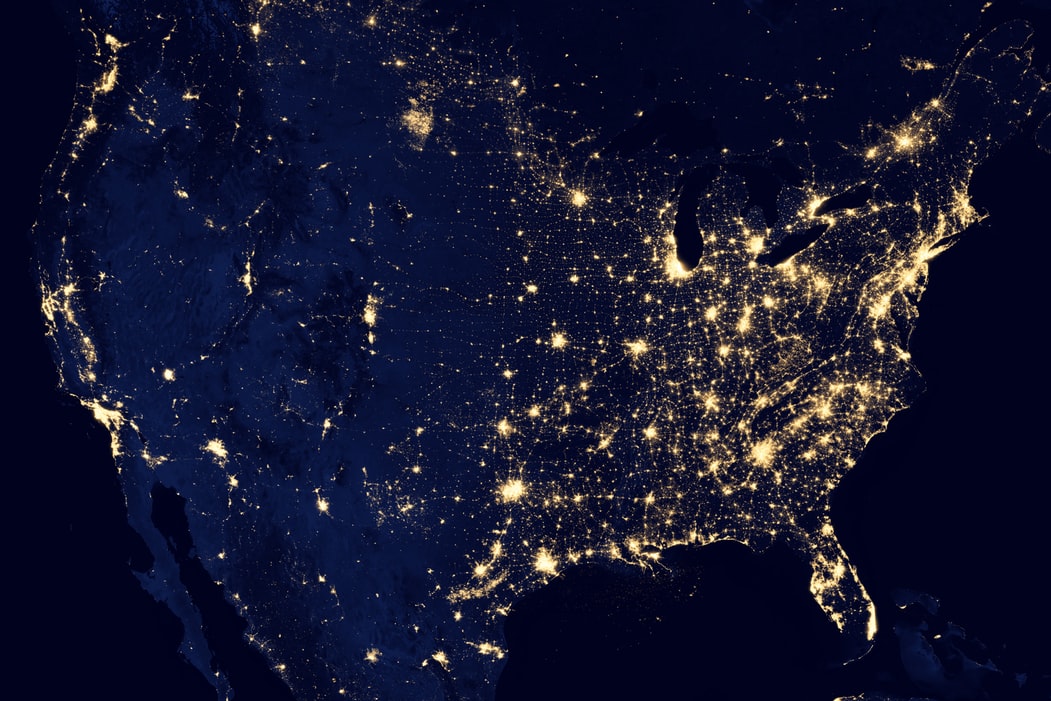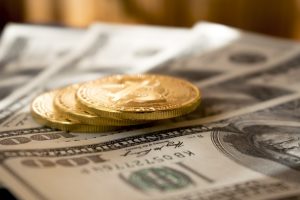Google has it. Uber has it. Microsoft Windows has it. Apple iMessage has it. It’s the very powerful business factor of the network effect.
A network effect is the positive contribution that an additional user of a good or service has on the value of that product to others. With a network effect, the value of a product or service increases greatly according to the number of other people who are using it.
A network effect is very different from economies of scale. Economies of scale typically helps the producer generate more profit but does little for the end-user besides getting the product at a lower price. The more products that a producer can make, the lower the production cost of each product. But the consumer does not get a better product. With the network effect, the more people that use the product or service then the more valuable the service becomes.
Whenever someone builds a product that works better when others are using it as well, the network effect has a chance to kick in. Microsoft Word has dominated the word-processing space over many decades because a user was better off using the same word processor as his workmates and friends, so he could exchange files. If users all used different word processing programs, then they could not collaborate and work together as easily.
A great example of the power of the network effect is the telephone. When Alexander Graham Bell invested the first telephone in 1876, he was the only person who had one. Therefore, while the phone was an amazing invention, it was useless because he could not call anyone. If he gave one to his friend and installed a line between the two, then that would expand the value of his phone in a huge way. When fifty people get a telephone phone, you have something. When everyone in town has one? Now we are talking about a powerful network effect.
The greater the number of users of a product, the greater the value of the product to each person. The second person to install a telephone may like the product, but it only becomes very useful if many others also install a phone. The fifty-first person does not intend to increase the value of the network when he buys a phone, but that is the outcome anyway.
In the early days of the telephone there were more than four-thousand local and regional telephone companies. You can see how that would be a problem though. If your neighbor had a different phone system, then you could not call her. This early lack of network effect lead to most of those phone service providers combining into what became the Bell System phone network. Now everyone could talk to each other. Isn’t that nice? That was of course before cold-calling and spam-calls were invented, so folks were actually happy when the phone rang as they knew someone they liked was on the other end.
This network effect also applied to the value and usefulness of the internet. When four people had access to the internet, the network was not worth much. But when four billion people have access, you have a very valuable network indeed.
Uber is another example of the power of the network effect. Uber drivers want to be on a network with a lot of potential customers while customers want to have access to the most possible drivers so that they don’t have to wait a long time for a ride. It is hard to tell what comes first, the tipping point of drivers or passengers, but when enough passengers downloaded the Uber app and enough people became drivers, then Uber became the ride of choice for a majority of customers. More customers caused more drivers to choose Uber, which caused more customers to sign up, and so on.
We see the effect today in online social networks. Sites like Facebook and Instagram increase in value to each current member as more users join the global group. There can also be a positive feedback loop as more people join a group, which causes others to join that same group. In the soft drink market, there can be two large players such as Coke and Pepsi because different consumers have different tastes. A consumer can drink a Coke one day and a Pepsi the next without affecting the quality of the experience, but there is no network effect in soft drink consumption because the use of one brand does not increase the value of that brand to other consumers.
However, there is a network effect if enough users use one product, such as Facebook. New social media users typically want to join the network with the most users so that they can go to only one site to reach all their friends and family. That large number of users then causes more people to join that site until one network has a huge monopoly of the market. Back in 2006, Facebook and Myspace were still small fledgling companies offering a similar product and network.
However, as the growth of Facebook took off, enough people joined Facebook that it crowded out competitors from the network effect, which spelled doom for the formerly popular Myspace. Back then you could decide which social network platform to join. These days your rational choice is to join the network that your friends and family are on, so in effect your only choice is Facebook.
Even seemingly inferior versions of a product can end up dominating a market if they can achieve enough early-mover advantage to create a network effect. In the early 1990s, many users were convinced that Apple’s operating system was superior to Microsoft’s version. But Microsoft was adopted by enough personal computers to achieve a status as the standard computer operating system for businesses and consumers and has dominated as the standard system ever since.
There is a huge network effect in the internet search field. In the early days of the internet, there were many companies that marketed web-search products. But I would wager that you have never heard of Excite, WebCrawler, Lycos, or Infoseek. The word Google is now used as a verb and a noun. That’s because enough web searchers used it. The network effect took hold. As more people and businesses used Google, the value of the network and its users increased exponentially.
Once a consumer trusted that the most valuable and efficient internet search results came from Google, a consumer did not use any other product. That network effect spelled doom for Yahoo Search, Bing, and Ask Jeeves. Excite was the first mover with its search engine launched in 1993, but it lost the market to Google because Google harnessed the power of the network effect and dominated the space.
We can also see the power of the network effect today in Netflix content-streaming. More users subscribe to Netflix, which gives them more money to produce more content, which in turn attracts more subscribers and so on. If all your friends are talking about shows they binge-watch on Netflix, then do you really want to subscribe to an inferior different streaming service?
The opposite of a network effect happens when the value of a product is affected negatively by more use or copies of a product. The Mona Lisa is a very valuable piece of art. But if DaVinci had painted one hundred of them, each one would of course be less valuable than just the one copy sitting in The Louvre.
Text courtesy of ©Westwood Holdings Group



